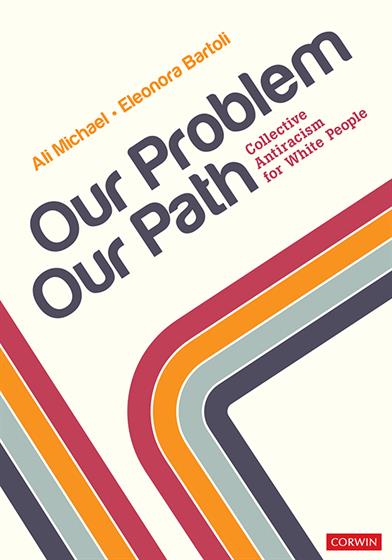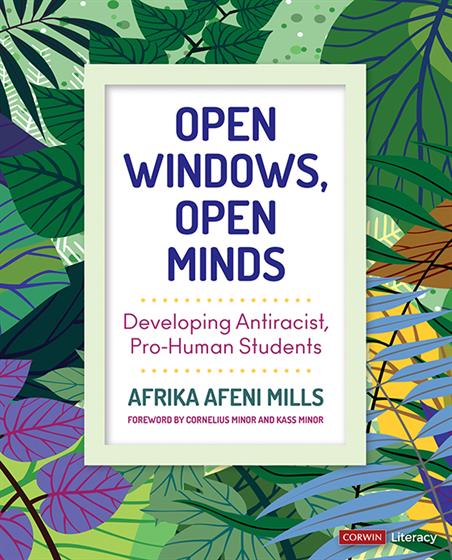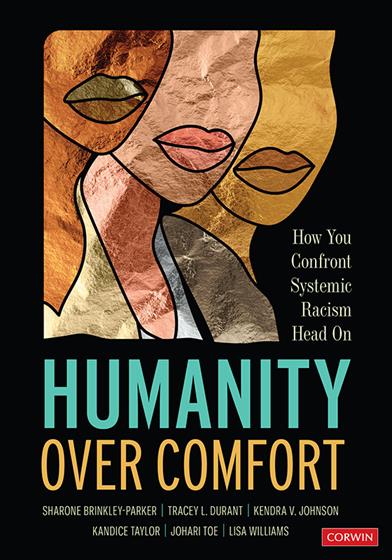White Parent and Caregiver Perceptions of, and Resistance to, Equity and Anti-Racism Work in an Independent School
By Katherine “Katie” Clonan-Roy, PhD; Rhiannon Maton, PhD; Charlotte E. Jacobs, PhD; Casey Matthews, PhD; Michael Kokozos, PhD; and Erika Kitzmiller, PhD
Teachers College Record; 2023; Volume 125, Issue 7-8
Many schools have increased their diversity, equity, inclusion, justice, and anti-racism (DEIJA) efforts in response to events like the murder of George Floyd. This study investigates the perspectives of caregivers, students, faculty, staff, and administrators in one elite, independent K-12 school located in a major metropolitan area in the United States where DEIJA work has been implemented.
Resistance to this work has been notable, with white caregivers being among its most vocal opponents. Perhaps you are looking for resources to help implement DEIJA in your school, or perhaps you are looking to be more informed on why DEIJA work is important in disrupting racist ideas in educational institutions. This article will help meet both goals.
One key contribution from the team’s research is a description of how white supremacy culture (WSC) can manifest in schools, especially when parents and caregivers believe that Critical Race Theory (CRT) is being taught. In response to DEIJA work, white caregivers’ perspectives and responses often exhibited WSC characteristics (see Appendix A for definitions and descriptions), though most white caregivers at the school saw the need for change and expressed support for DEIJA work. Central to the theory in this paper is white supremacy’s connection to and dependence on U.S. political, economic, and legal structures. As a result, superficial diversity efforts do not combat the current distribution of power that keep such belief systems relevant and effective. The team also identifies racial equity “detours,” shortcuts that take the focus away from making real change. In the findings section, the researchers outline caregiver concerns regarding school environment, school curriculum, and caregiver education. The article also summarizes recommendations for independent schools looking to implement DEIJA initiatives.
Related Titles



Don't Have Much Time?
- The article emphasizes that, through DEIJA work, schools can help students take responsibility for disrupting racism and white supremacy. If you are already familiar with the content, then a detailed list of recommendations on how to implement DEIJA in schools can be found in the “Recommendations” section just before the start of Appendix A.
- The “Findings” section includes parent quotes alongside researchers’ analysis, providing insight into the nuances of white supremacy characteristics. This section also serves to paint a more complete understanding of the importance of DEIJA initiatives.
Reflection Questions and Next Steps
- Had you learned about Critical Race Theory (CRT) prior to reading this article? If yes, did your understanding of it change after reading the article, and how? If no, did the article help you understand the purpose of CRT?
- After reading about white supremacy culture (WSC) in the article, can you recognize or identify ways in which it has permeated your school? Does anything in the article empower you to disrupt the characteristics of WSC you have seen?
- Does your school use the traditional Western curricular “canon” in its English classes? What do you think about this? Have your ideas around the canon changed after reading this article? Are there any books that you would like to remove from or add to the curriculum? Why? How might you go about making this change?